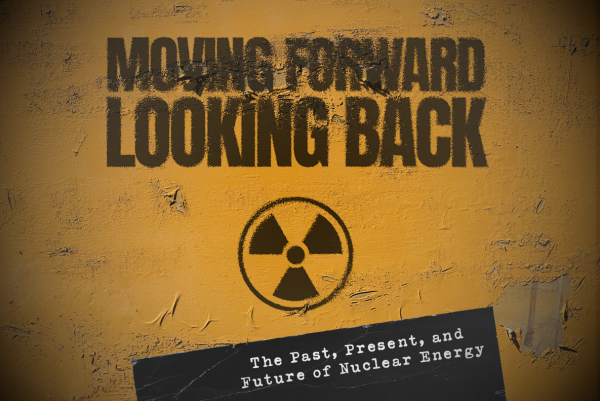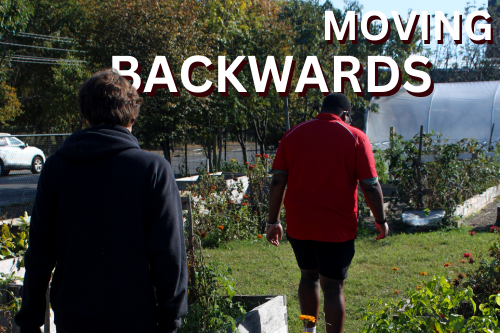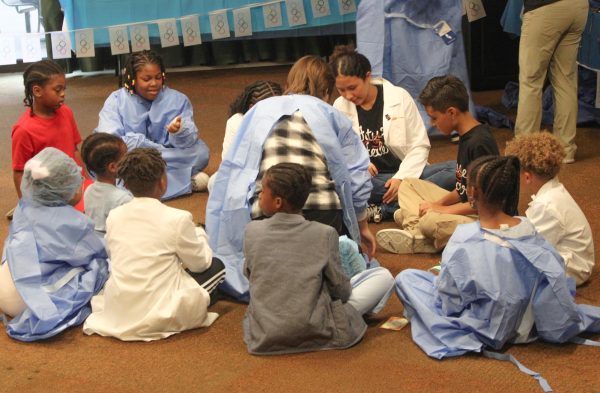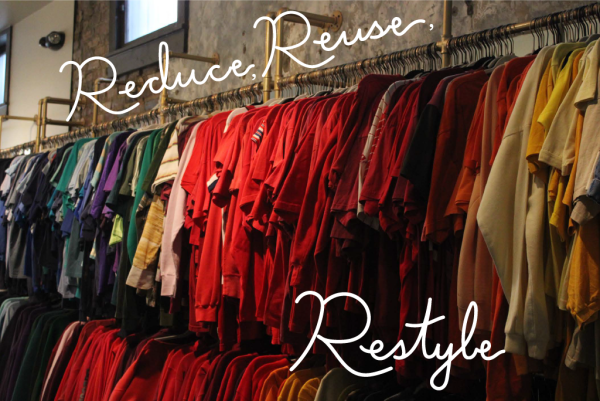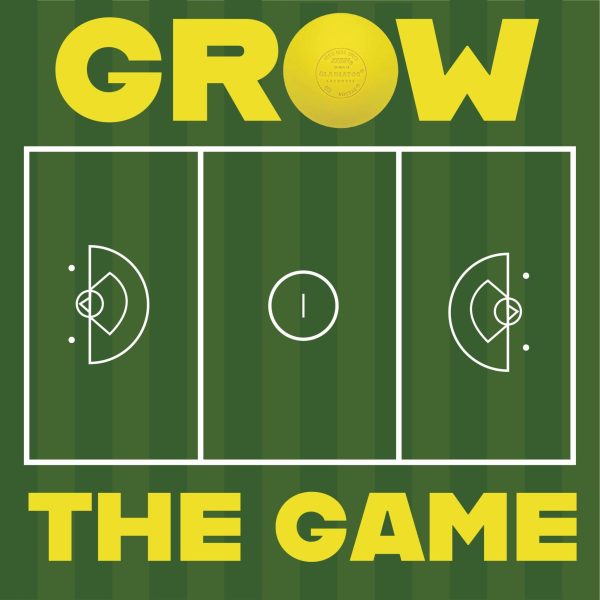What They Sacrifice For You To Know
What does journalism look like without the first amendment?
A dusty blue BMW sat in a Ghanaian convenience store, bullet holes lining the driver’s side window. Dozens of witnesses gawked in horror as they saw two gunmen sped away on motorcycles. They recognized the totaled car, the license plate, and the slumped body in the driver’s seat. It was Ahmed Hussein-Suale, an investigative journalist who had uncovered corruption in some of the most powerful organizations in Ghana. Jan. 16, 2019, the day that Hussein-Suale took his last breath, marked the first journalist assassination of the new year. The bullets embedded into Hussein-Suale’s chest were the price he and other journalists have to pay when powerful figures try to silence the truth.
The assassination of Hussein-Suale came as a wake-up call to other Ghanian reporters such as Umaru Sanda Amadu, a radio reporter.
“I have been reflecting more on my life. My family has cautioned me. I do not want to die or get harmed for just doing my work. I’m not a criminal.” Amadu told OTR.
According to Reporters Without Borders, in order to suppress criticism, many governments, “accuse journalists of terrorism and those who don’t offer loyalty are imprisoned.” There are currently 326 journalists imprisoned worldwide at the time you are
reading this. Nearly half of the world’s imprisoned journalists are being held in just five countries: Turkey, Syria, Iran, Vietnam, and the biggest perpetrator: China. In 2019, 11 journalists were murdered worldwide for speaking out. Vadym Komarov was killed in Ukraine just last month. If practicing journalism can entail violence, then it begs the question, why would anyone want to become a journalist?
“I see journalism as the lung of democracy,” Dora Kršul, an education reporter from Croatia, said. “Injustice motivates me to do my job,” she said. “We have a responsibility to constantly seek the truth and keep the ones in power accountable.”
Having responsible reporters to seek out the truth and act as watchdogs is essential in keeping the political and social elite in check. Even in the U.S, more companies and politicians, like President Donald Trump, continue to promote distrust in the media and tarnish the reputation of journalists by making public comments like, “they are the true ENEMY OF THE PEOPLE”.
Hard-working reporters are shunned for bringing light to the lies and cover-ups manufactured by powerful corporations and governments. Even worse, they are being threatened into censorship or, in the case of Ahmed Hussein-Suale, assassinated for reporting the truth.
And yet, reporters keep reporting. They see the importance and the impact of their grueling work.
“News is my breath. It’s something that you have in your blood; it’s in your DNA,” Thimi Samarxhiu, a journalist and editor based in Albania, said. “My children motivate me every day to do my job. I want a better society for them, a better life, a better future, and a responsible political elite.”
Although journalism is vital to the prosperity of society, many people around the globe are trusting the media less and less. The spread of “fake news” claims from powerful politicians and businessmen in the public eye has smeared the reputation of credible news organizations. A poll from the Pew Research Center states that 72% of people surveyed say that major news sources report information they know to be, “false or purposefully misleading.” These fake or misleading stories are causing people to doubt the trustworthiness of media platforms.
According to the Committee to Protect Journalists database, 1,861 journalists around the world have been killed from 1992-2019. That is enough for every seat in Kentucky’s Brown Theatre.
“Soldiers get killed in battle but that does not deter people from joining the military,” Amadu said. “We have to fight and we must ensure we win.” Amadu wants to fight against the mistrust, stigma, and danger surrounding the world of journalism. He believes that motivating the youth to go into journalism, especially in countries where it is safer to practice, is essential.
“Journalism will kill you, but it will keep you alive while you’re at it.” This quote by American author Horace Greeley is plastered on all of Samarxhiu’s social media profiles. It reminds him how, on one side, his profession is rewarding and evokes much-needed awareness. But how, on the other, it is as treacherous and fatal as the bullets that lined Huissen-Suale’s body. The bullets which silenced a visionary who used his voice to enact change in his community. The bullets that have threatened newsrooms for decades. The bullets whose impact is felt throughout the world. Powerful individuals, corporations, and governments are the ones that pull the trigger. And it’s time to put the gun down.
Donations are collected through The Publishers, duPont Manual High School's booster club for J&C. On The Record relies completely on sponsorships, advertisements, and donations to produce and distribute each issue. Please consider donating to our cause, and helping the student journalists of OTR amplify youth voices for years to come.


